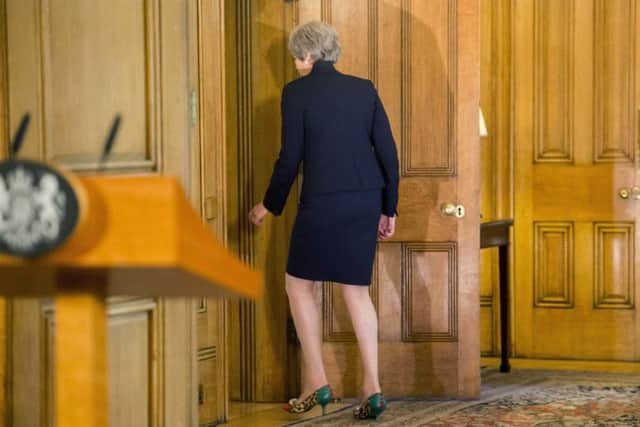Brexit: What happens next after Theresa May's '˜impasse' speech?
Here are some of the key milestones on the road to Brexit day - and the months and years beyond.
2018
September 30 to October 2: The Conservative Party Conference takes place in Birmingham amid deep unhappiness among elements of the party at Theresa May’s Chequers plan for Brexit.


Advertisement
Hide AdAdvertisement
Hide AdOctober 18 to 19: Summit of EU leaders in Brussels. The October European Council has been slated as the occasion for agreement on the terms of Britain’s divorce from the EU and a statement on its future relations. However, with major differences on key issues - including the Irish border - remaining, that is looking increasingly unlikely. European Council president Donald Tusk has labelled the summit a “moment of truth”.
November: Possible emergency summit if the October council fails to break the deadlock on the withdrawal agreement, but only if a deal is within reach.
December 13 to 14: The final EU summit of the year is widely seen as the last opportunity for agreement between Britain and the EU on a divorce deal, paving the way for a transition period following the UK’s departure.
2019
January and February: The House of Commons will decide whether or not to support whatever deal the Government has reached with Brussels. Parliament must also pass a Withdrawal and Implementation Bill to establish the necessary legal framework.
March: For a withdrawal agreement to take effect, it must be backed by a “super majority” of EU leaders, representing at least 20 of the 27 remaining member states and 65% of their population. It must also be approved by a vote of the European Parliament.
March 29: Brexit day. At 11pm UK time - midnight in Brussels - Britain’s EU membership finally ends. If there is a withdrawal agreement, it will mark the start of the transition period during which the UK will continue to pay into the EU budget and follow EU rules. If not, there could be a more abrupt “cliff edge” departure.
2020
Talks could continue through the year on a free trade deal with the EU, assuming Brexit has been relatively amicable. The Government will also seek to negotiate trade deals with other countries around the world.
December 31: The end of the transition period, coinciding with the end of the EU’s seven-year budget.